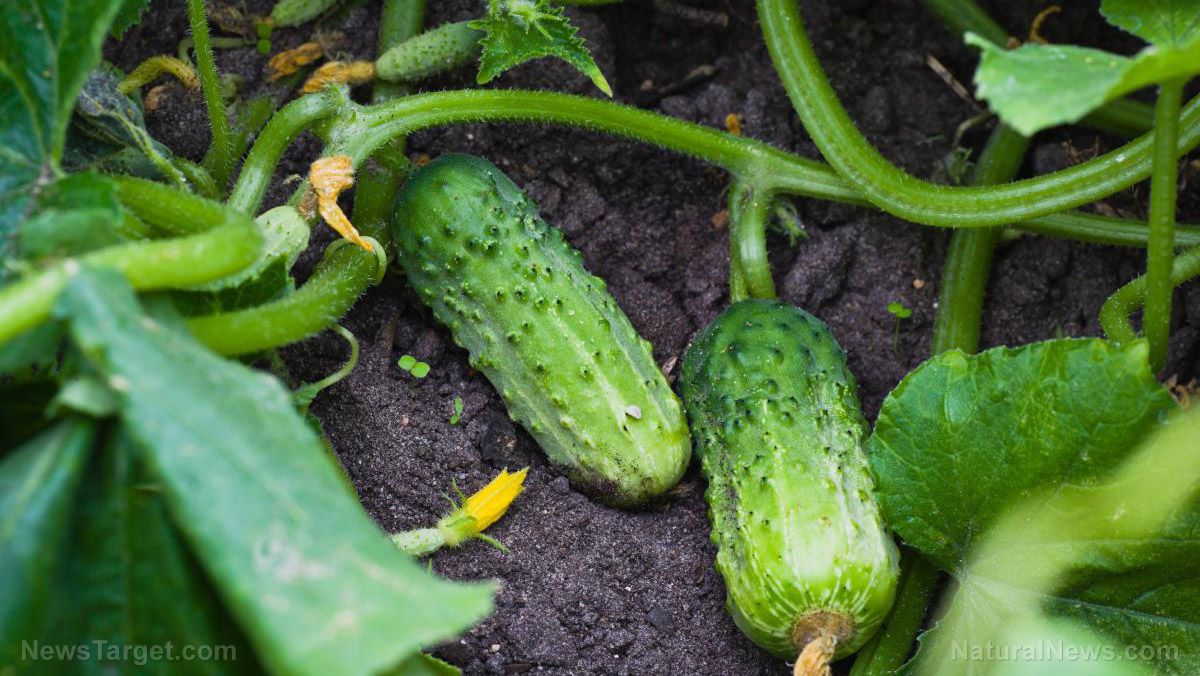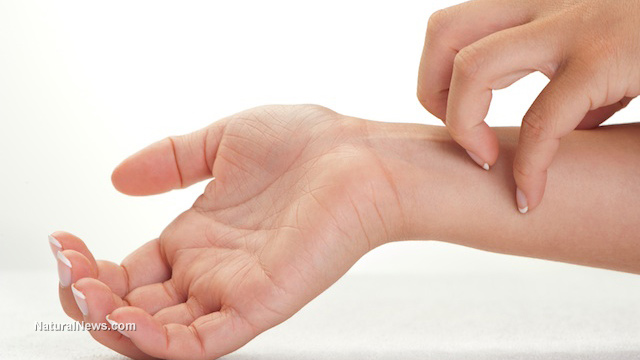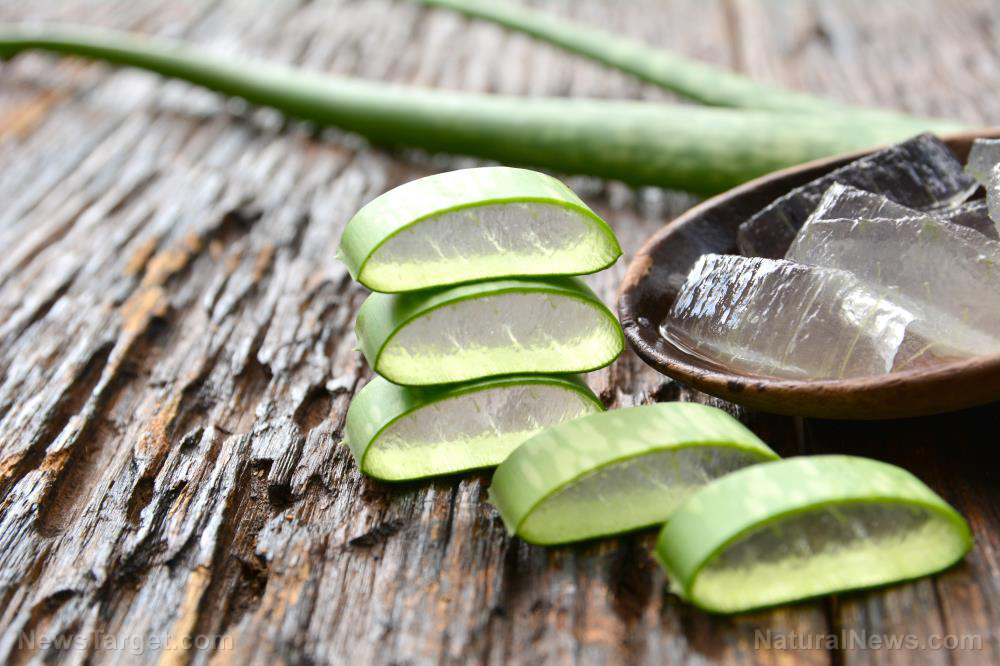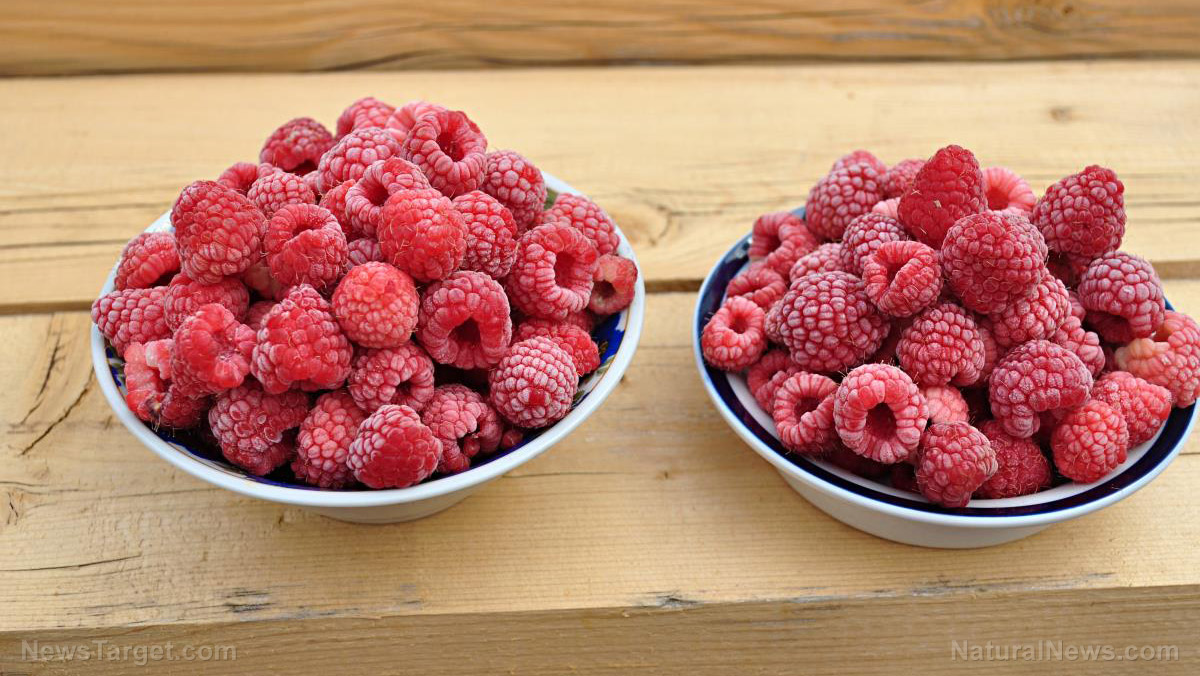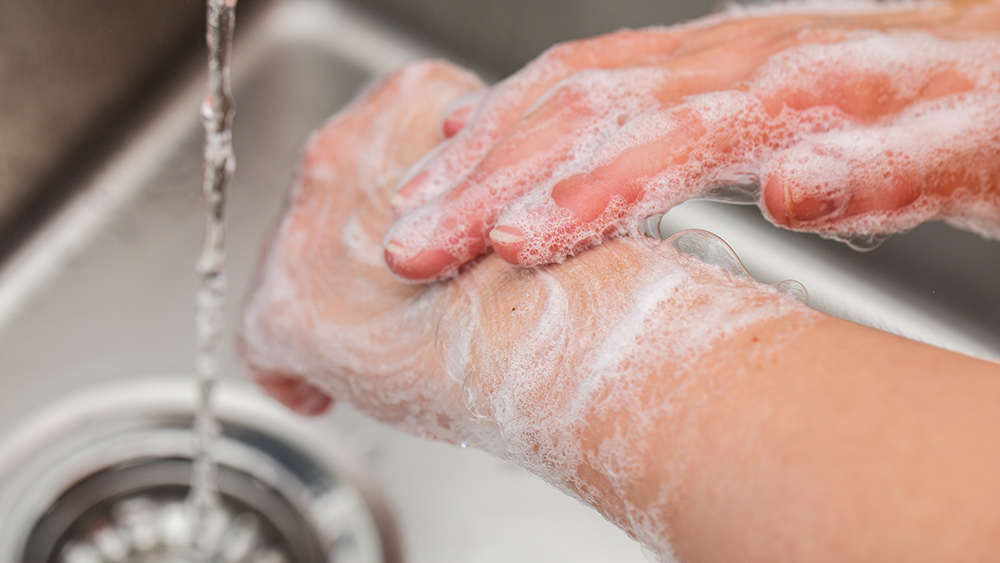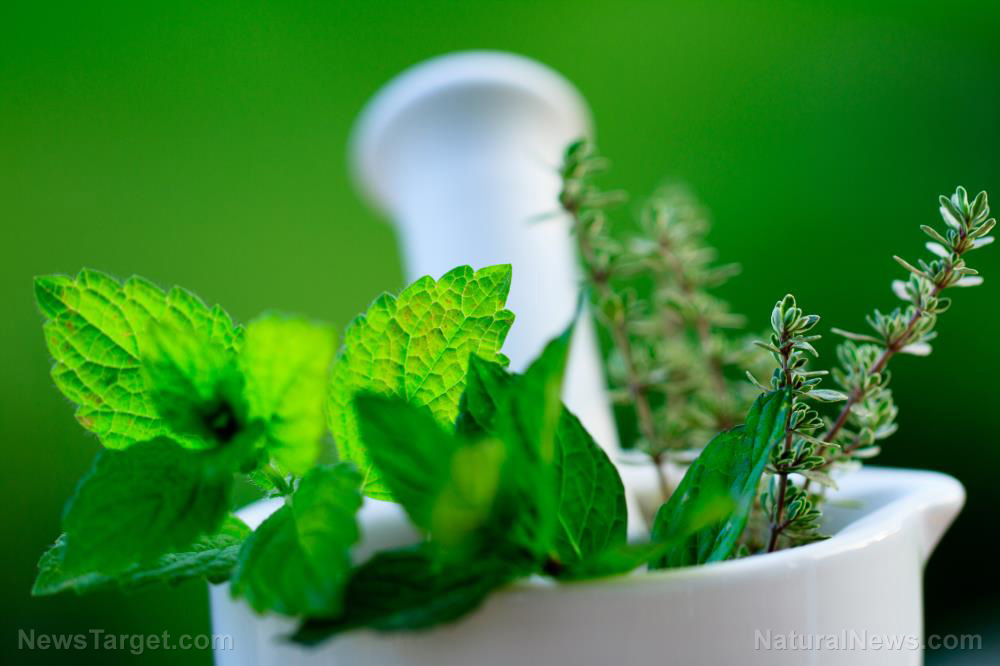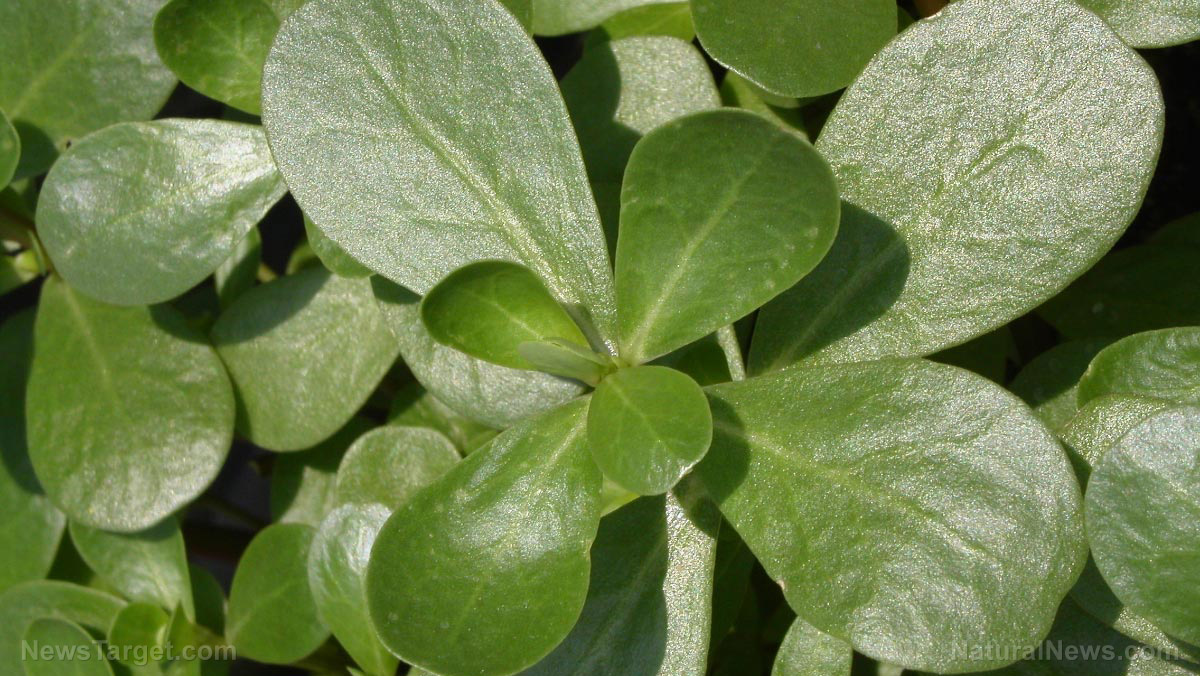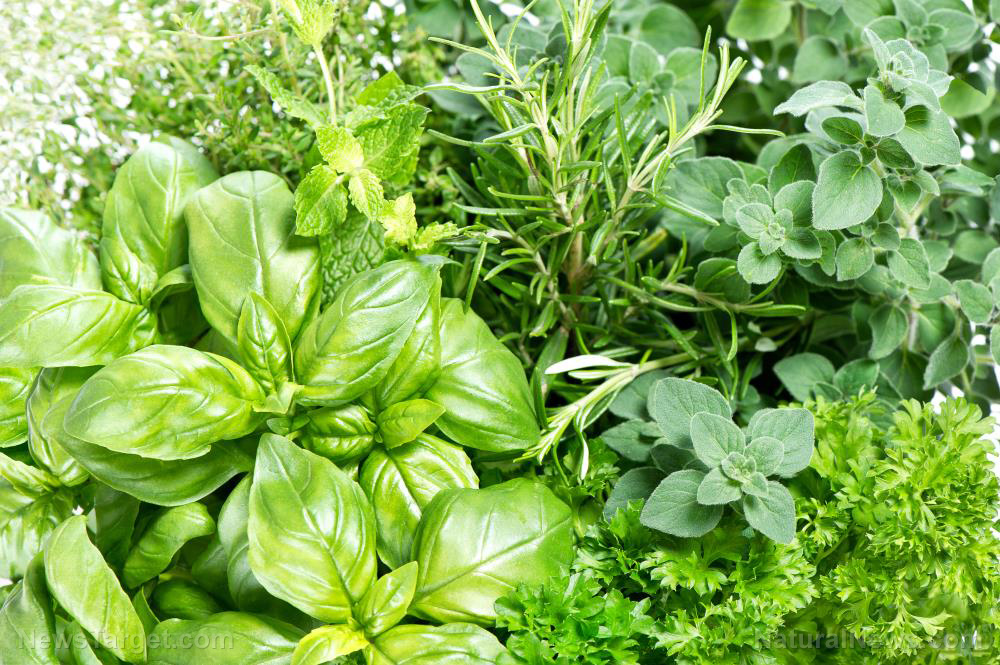Homesteading 101: How to start your own medicinal herb garden
06/01/2023 / By Zoey Sky

Whether you’re a newbie to gardening or an experienced gardener with a green thumb, you might want to start growing medicinal plants in your home garden.
This ensures that when you run out of medicine, you can use herbs and plants from your garden to treat common ailments like a stomachache. (h/t to TheEpochTimes.com)
Here are some beginner-friendly herbs to grow in your garden.
Calendula (Calendula officinalis)
You can use calendula externally to soothe rashes, irritated skin and to encourage collagen production.
Rub calendula oil into your skin to soothe and protect healthy skin.
Tips for growing calendula:
You can grow calendula from seeds directly sown in your garden.
- Plant seeds early spring onward or start them indoors and set out the sturdy seedlings. Start seeds indoors at least six weeks before the last frost date for extra early blooms.
- Grow calendula in a sunny area. The more sun, the better.
- Use soil that is moderately-rich and drains well. Calendula will tolerate poor conditions, but it will grow better in nourishing soil. Once established, calendula does not need extra fertilizing or feeding.
- Calendula will thrive in your vegetable garden. Good companion plants include asparagus, carrots, cucumbers, peas, spring salad vegetables and tomatoes.
- Calendula flowers bloom best in cooler weather with low humidity.
- Cut calendula back to encourage new growth and more flowers when the weather cools off. These plants are tough and can withstand some frost. Calendula will bloom until a hardened freeze kills them.
- Let some plants produce mature seeds to scatter where you want to see calendula seedlings in subsequent seasons.
Chamomile (Matricaria chamomilla)
Chamomile helps promote better sleep and calms the nervous system.
Add chamomile leaves or flowers to your bath to help relax sore muscles.
Echinacea (Echinacea purpurea)
Echinacea is a natural immune health stimulant and antifungal. However, be careful when using echinacea if you have an underlying autoimmune condition because it may be too immuno-stimulatory.
Slice echinacea roots and simmer in hot water for 30 minutes. Drink echinacea tea when you experience the early signs of a coming cold.
Lavender (Lavandula angustifolia)
Lavender can help calm anxiety and promote relaxation. Place a pouch of lavender petals under your pillow for a more restful sleep.
Tips for growing lavender:
- Plant lavender in sunny spots. Lavender plants will tolerate many growing conditions, but they will thrive in warm, well-draining soil and full sun.
- When planted in a garden, lavender makes an excellent companion plant for almost anything from cabbages to roses. It is also an aromatic, gray herb that deer avoid, so plant it if you need a decoy in your beds.
- Lavender-growing USDA zones include 5a through 9a, but it is best not to use the plant as a hedge. Realistically, plants may do well when the weather cooperates. However, you should also be prepared to experience the occasional loss of a couple of plants after a severe winter or a wet, humid summer.
- Keep starting new plants throughout the year to ensure a continuous and bountiful harvest of lavender for years to come.
Lemon balm (Melissa officinalis)
Use lemon balm to soothe anxiety and support cognitive function.
If you need anxiety relief, steep one tablespoon of freshly chopped lemon balm leaves or one teaspoon of dried leaves in one cup of boiling water for five to 10 minutes. Strain and drink lemon balm tea as needed for anxiety relief.
Tips for growing lemon balm:
- Lemon balm seeds need ample light to germinate and grow. To start plants from seed, begin them in a shallow pot and cover the seeds with a thin sprinkling of soil. Do this at least six to eight weeks before the last frost if you are going to transplant the herb outdoors.
- Expose the dish to ample light and just enough water to keep the seeds from drying out. Use a spray bottle instead of a watering can for this stage. Germination should take place in 10 to 14 days.
- Once the seedlings are large enough to handle easily, transplant them into a pot with soil.
- Lemon balm will need more sunlight when planted indoors and can be more susceptible to afflictions like powdery mildew and root rot, along with browning leaves, which can indicate issues like cold air or excessive sunlight.
Marshmallow (Althaea officinalis)
Marshmallow plants can be used to help treat digestive and gut issues since the mucilage forms a protective layer in the gut.
Cover chopped marshmallow roots with cold water and let the mucilage extract for several hours. Drink the liquid as needed to soothe and protect your digestive tract.
Yarrow (Achillea millefolium)
Yarrow has antibacterial properties and it can be used to help reduce fever and stop bleeding.
Place fresh yarrow leaves on a wound to help stop bleeding naturally.
Tips for growing yarrow:
- Plant yarrow in the spring or early summer after the danger of frost has passed. Check local frost dates if you’re not sure.
- If you plant yarrow from tip cuttings, plant them in spring or early summer.
- Plant yarrow in an area that receives full sun to encourage compact growth and many flowers. If you grow yarrow in partial sun or shade, the plant will tend to grow leggy.
- Yarrow thrives in well-drained soil.
- Yarrow thrives in hot, dry conditions and it will not tolerate constantly wet soil. It is best to use loamy soil, but yarrow can also grow in clay soil that is not saturated with water all the time.
- Use a garden fork or tiller to loosen the soil in your garden to about 12 to 15 inches deep, then mix in a two to four-inch layer of compost.
- If you grow yarrow in soil that is too rich, the plants may require staking to address overenthusiastic growth. To keep yarrow from growing too tall, choose an area with average to poor soil and supplement it with some compost to give the plants a good start.
- When planting yarrow, space the plants one to two feet apart.
- Yarrow plants are quick to establish and spread. However, some species, like Achillea millefolium, are extra-aggressive growers, so choose your plants carefully. Most kinds grow to be around two to four feet tall.
- When growing yarrow, add a thin layer of compost around the plants each spring to keep them fed.
- Yarrow is very drought tolerant, but if you receive less than one inch of rain a week in the summer, always water your plants to help them grow well.
- Cut off “deadhead” flowers when they start to fade in mid-summer. Doing this encourages most varieties to produce another round of flowers.
- Divide yarrow plants every three to five years to sustain vigorous, healthy plants. Lift the clumps in early spring or fall and remove dead stems from the center of the clump. Replant the divisions elsewhere in the garden or share them with a fellow gardener.
More gardening tips
Planting
The herbs above all grow well in full sun. If you want to save time, buy starts from garden stores.
Alternatively, you can ask your neighbor if they have any to split. All the herbs split well, except for lavender.
Keep in mind that lemon balm is in the mint family and likes to spread. Keep the plant contained in a pot. (Related: 20 Useful medicinal herbs to plant in your home garden.)
Drying
If you plan on drying herbs from your garden, process herbs as soon as you pick them.
Never dry herbs on high heat. Many plants air-dry well on the kitchen counter or in the sun in a large basket or spread out on cookie sheets.
If you want to dry roots and berries, use a dehydrator on low heat.
Storing
Store herbs in clean glass jars in a dark cupboard until you’re ready to make salves, tea or other herbal concoctions.
Visit Growyourmedicine.com to learn about other medicinal herbs and plants to grow in your home garden.
Watch the video below to learn how organic arjuna bark and hawthorn berries can help support healthy heart function.
This video is from the Health Ranger Store channel on Brighteon.com.
More related stories:
Prepper medicine: 9 Medicinal herbs to plant in your home garden.
Gardening tips for preppers: How to start a medicinal herb garden.
Going green? Here’s what you need to know about medicinal herb gardens.
Sources include:
Submit a correction >>
Tagged Under:
alternative medicine, emergency medicine, gardening tips, green living, herb garden, herbal medicine, Herbs, home gardening, homesteading, natural cures, natural medicine, off grid, plant medicine, preparedness, prepper, prepping, remedies, survival, survival medicine
This article may contain statements that reflect the opinion of the author
RECENT NEWS & ARTICLES
GrowYourMedicine.com is a fact-based public education website published by Grow Your Medicine Features, LLC.
All content copyright © 2018 by Grow Your Medicine Features, LLC.
Contact Us with Tips or Corrections
All trademarks, registered trademarks and servicemarks mentioned on this site are the property of their respective owners.


